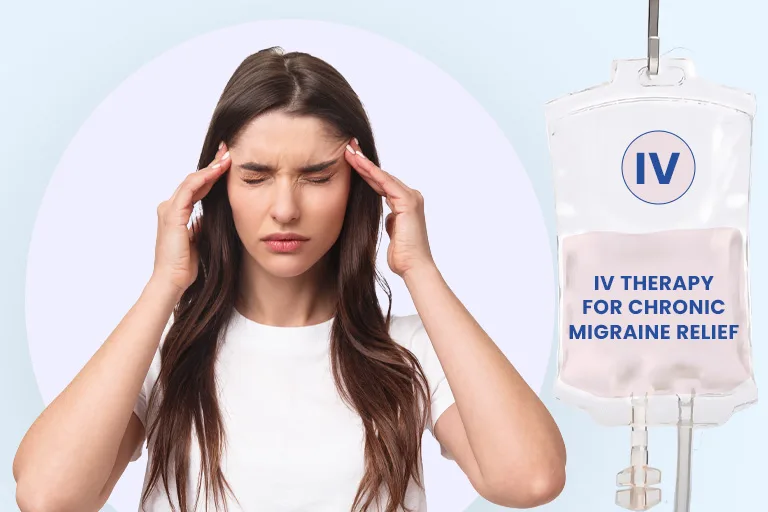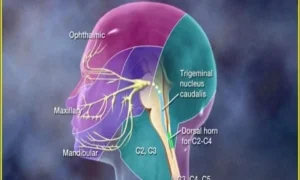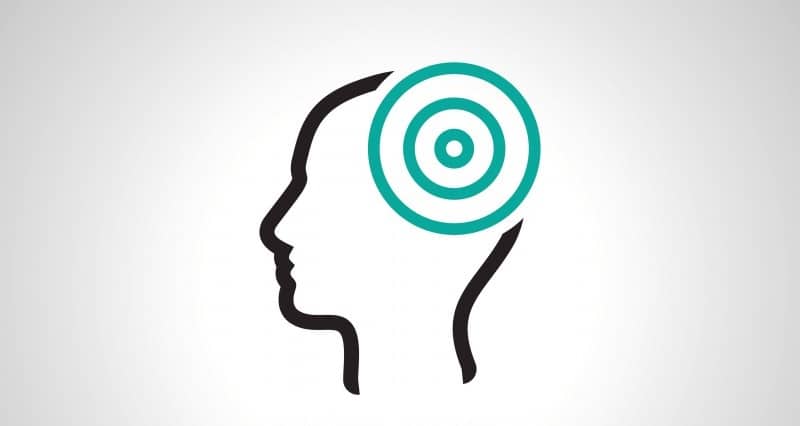Most people experience headaches from time to time. When a headache strikes, it is not uncommon for headache sufferers to take some type of pain medicine to relieve the symptoms. But what happens when the medication you take to stop your headache pain actually starts to cause your headaches?
Medication-overuse headache or rebound headache is a type of chronic headache caused by frequent and long-term use of headache or migraine medication.
Medication-overuse headache is defined as a headache that occurs on more than 15 days each month in individuals with pre-existing primary headache, such as migraine or cluster headache that develops as a consequence to regular overuse of headache medications.
Moreover, medication-overuse headache is considered to be one of the costliest and most debilitating headache disorders, often causing significant pain and disruption of daily activities, as well as lost productivity and absenteeism from work.
Who can get medication-overuse headaches?
Medication-overuse headaches are a very common condition that can develop in individuals who have migraines or tension-type headaches and take too much medication to treat their headaches.
According to medical research, medication-overuse headaches occur in up to 50% of individuals with chronic headaches, and 1-2% of the general population. Moreover, the condition is more common in midlife, is more common in women than in men and is less common in children and the elderly.
Some of the risk factors for medication-overuse headaches include increased body mass index, as well as anxiety and depression.
What medications can cause MOH?
It is currently thought that most medications used for the treatment of headache can cause a medication-overuse headache. Specifically, MOH can be caused by any of the over-the-counter pain relief analgesic medications, including acetaminophen, aspirin ibuprofen and naproxen.
Most prescription migraine medications and painkillers that contain opiates, including codeine and acetaminophen, can cause rebound headaches when overused. While taking small amounts of these medications can be a safe and effective strategy for the treatment of headache and migraine pain, their continued use can lead to the development of persistent rebound headaches.
Importantly, drinking or eating anything that contains caffeine (including caffeine-containing medications) can exacerbate a medication-overuse headache.
What are the symptoms of MOH?
MOH is usually felt as a dull, persistent, tension-type headache that occurs daily or nearly daily.
The pain caused by MOH is usually more intense in the morning. Taking pain relief medication to treat MOH may help for a few hours, but as the medication wears off, the intense headache pain returns.
In addition, other symptoms may accompany MOH, including irritability, nausea, restlessness, anxiety, depression and difficulty concentrating.
How can you stop medication-overuse headaches?
If you think that you suffer from medication overuse headaches, the only way to stop them is to reduce your pain medication. However, it is important to do so safely, and contact your health practitioner first to create a plan, which will depend on the type of medication and dose you have been taking.
Since certain medications should not be stopped abruptly, your doctor may ask you to reduce your dose gradually before stopping to take them.
Your doctor may ask you to briefly stay at the hospital to safely go off certain medications.
How can you prevent medication-overuse headaches?
Since medication-overuse headaches are the result of medication overuse, the best way to prevent them is to take pain relief medications according to recommendations and prescription instructions.
For over-the-counter analgesics, this means not taking these medications for more than two consecutive days or for longer than 14 days per month. Importantly, it is not recommended to take migraine medications or over-the-counter analgesics with caffeine for longer than 9 days per month, since this increases the risk of developing medication-overuse headaches.
In addition, there are some other simple steps you can take to reduce your risk of chronic headaches, as well as medication-overuse headaches.
These include getting enough sleep, staying hydrated, eating regular meals, reducing your stress levels and getting regular exercise.
Conclusion
Medication-overuse headaches is a highly debilitating condition that can negatively impact your daily life and your relationships with your loved ones.
At the HMC Centre, our dedicated team of pain specialists is committed to providing the highest standard of care to our patients.
We work with each patient using a multidisciplinary and comprehensive approach to create individual treatment plans tailored to each patient’s requirements.
If you suffer from medication-overuse headaches, contact us to learn more about treatment options to help relief and stop the pain cycle.


















